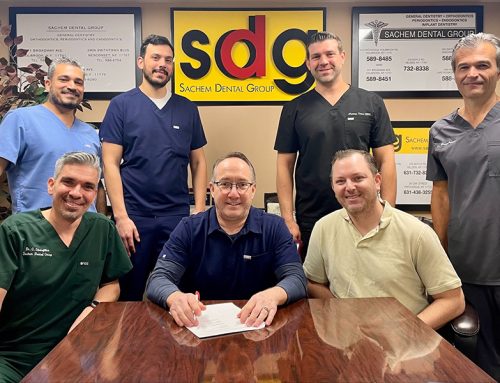TMJ disorder can be an extremely painful — and even debilitating — condition to live with. From not being able to eat your favorite foods to constantly struggling with discomfort, the severity can vary from one person to the next. If yours is chronic, you may be wondering to yourself “Do I need to have TMJ surgery to correct my joint disorder?”

Non-Surgical Therapy is Preferred
In most situations, surgery for TMJ disorder is discouraged until other non-surgical therapies have been utilized. Since non-surgical techniques don’t result in irreversible anatomical changes, they’re considered safer and generally “better” for people with TMJ pain.
Some of the most common non-surgical therapies include:
Bite Splints — Sleeping in a nightguard or wearing a bite splint when you’re clenching and grinding your teeth will prevent your TMJ from fully contracting. In turn, those muscles immediately around the joint are trained to relax. When worn regularly, bite splints are beneficial for both your joint as well as your teeth.
Orthodontic Therapy — Misaligned teeth and jaws can cause continual TMJ pain if your joint has to move in irregular directions. Correcting the alignment of your bite with braces or aligners can directly ease everyday tension in your TMJ to provide long-term pain relief.
Injectables — Off-label use of cosmetic injectables such as Botox can provide natural muscle relaxation in hyperactive tissues. Although the results are temporary, they can last for several months at a time.
Massage, Moist Heat, or Physical Therapy — Gentle massage or physical therapy can help to lessen the tension of a joint disorder. Moist heat offers temporary relief as well and can be combined with the use of over-the-counter anti-inflammatory medications such as Motrin.
Lifestyle Changes — From switching to a softer diet (even if temporarily) to giving up chewing gum, there may be a few things that you need to do to help manage TMJ symptoms during sporadic flare-ups. These changes don’t cost anything extra and they may be all you need to avoid surgery.
“What if I DO Need TMJ Surgery?”
Before TMJ surgery, we’ll likely want to try every viable non-surgical therapy before recommending a non-reversible medical procedure. However, our multi-specialty practice will also use X-rays or scans to assess the internal anatomy of your joint. If there is an irregularity — such as a degenerating disk or bone abnormality — there may not be any other choice than to move forward with TMJ surgery. Such procedures are typically completed by our preferred oral surgeon and under minimally-invasive surgical techniques. Although you’ll need a bit of time for recovery, you can be back to your old self in as little as a few weeks.
Jaw Pain? Call Our Long Island Dentists
At Sachem Dental Group, we provide comprehensive TMJ evaluations as part of every new patient exam and routine checkup. If you’re experiencing pain, limited motion, or other TMJ symptoms, please be sure to let us know. We’ll be happy to evaluate your risk factors and answer any questions that you may have. Contact us today to reserve an appointment.






